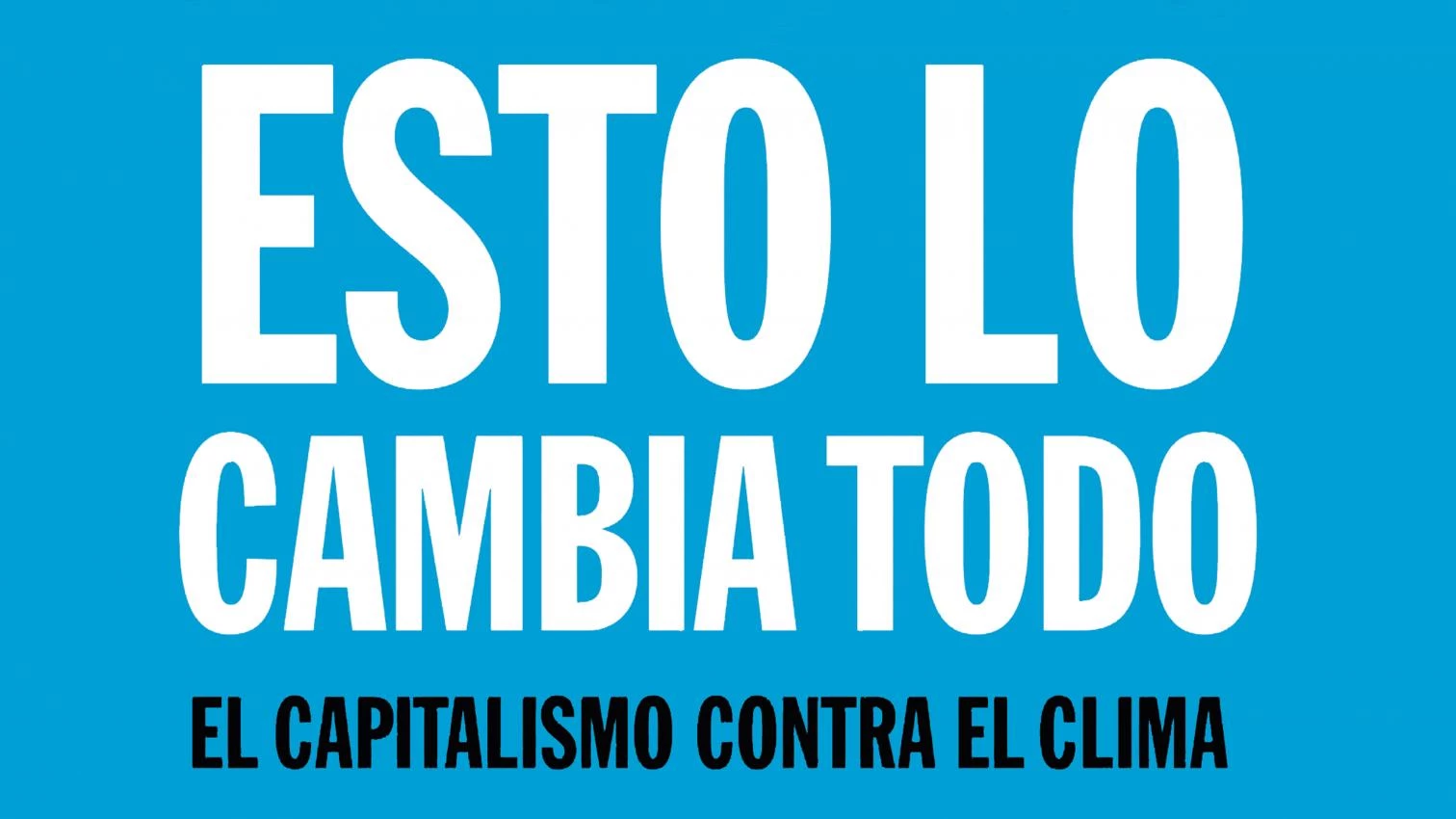
We must reckon with the fact that lowering global emissions in line with climate scientists’ urgent warnings demands changes of a truly daunting speed and scale. Meeting science-based targets will mean forcing some of the most profitable companies on the planet to forfeit trillions of dollars of future earnings by leaving the vast majority of proven fossil fuel reserves in the ground. It will also require coming up with trillions more to pay for zero-carbon, disaster-ready societal transformations. And let’s take for granted that we want to do these radical things democratically and without a bloodbath, so violent, vanguardist revolutions don’t have much to offer in the way of road maps.
The crucial question we are left with, then, is this: has an economic shift of this kind ever happened before in history? We know it can happen during wartime, when presidents and prime ministers are the ones commanding the transformation from above. But has it ever demanded from below, by regular people, when leaders have wholly abdicated their responsibilities?
In the West, the most common precedents invoked to show that social movements really can be a disruptive historical force are the celebrated human rights movements of the past century – most prominently civil, women’s, and gay and lesbian rights. And these movements unquestionably transformed the face and texture of the dominant culture. But given that the challenge for the climate movement hinges on pulling off profound and radical economic transformation, it must be noted that for these movements, the legal and cultural battles were always more successful than the economic ones.
If there is an exception to this rule, it is the huge gains won by the labor movement in the aftermath of the Great Depression – the massive wave of unionization that forced owners to share a great deal more wealth with their workers, which in turn helped create a context to demand ambitious social programs like Social Security and unemployment insurance.
There have been social movements, however, that have succeeded in challenging entrenched wealth in ways that are comparable to what today’s movements must provoke if we are to avert climate catastrophe. These are movements for the abolition of slavery and for Third World independence from colonial powers. Both of these transformative movements forced ruling elites to relinquish practices that were still extraordinarily profitable, much as fossil fuel extraction is today.
All of this is why any attempt to rise to the climate challenge will be fruitless unless it is understood as part of a much broader battle of worldviews, a process of rebuilding and reinventing the very idea of the collective, the communal, the common, the civil, and the civic after so many decades of attack and neglect.
Fundamentally, the task is to articulate not just an alternative set of policy proposals, but an alternative worldview to rival the one at the heart of the ecological crisis – embedded in interdependence rather than hyperindividualism, reciprocity rather than dominance, and cooperation rather than hierarchy. This is required not only to create a political context for dramatically lower emissions, but also to help us cope with the disasters we can no longer avoid. Because in the hot and stormy future we have already made inevitable through our past emissions, an unshakable belief in the equal rights of all people and a capacity for deep compassion will be the only things standing between civilization and barbarism.





